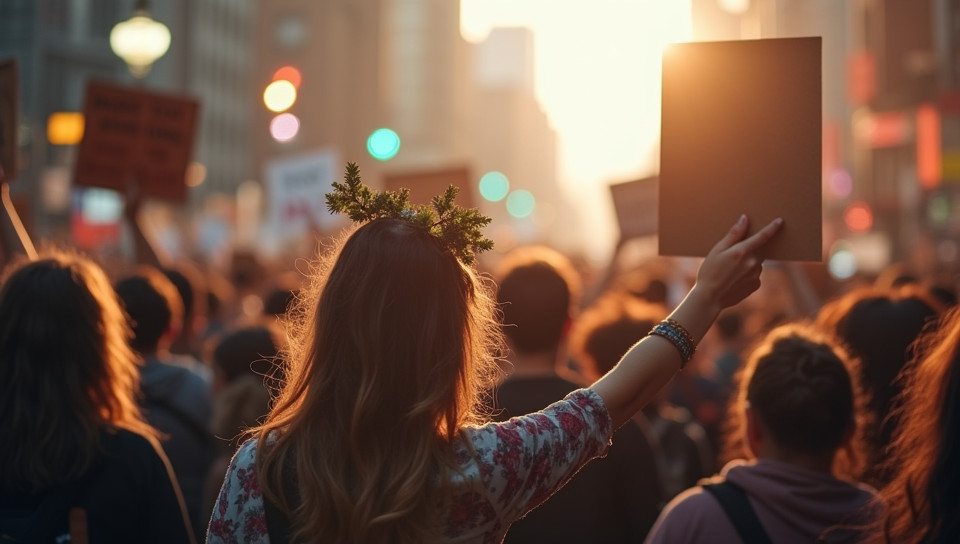The role of media in supporting activism varies 59%

The Role of Media in Supporting Activism Varies
In today's digital age, activism has become more accessible and widespread than ever before. With the rise of social media, online platforms have provided activists with a powerful tool to amplify their voices and reach a global audience. However, the role of media in supporting activism is complex and multifaceted, varying depending on several factors.
The Double-Edged Sword of Social Media
Social media has been a game-changer for activism, allowing activists to mobilize support, raise awareness, and organize protests with ease. Platforms like Twitter, Facebook, and Instagram have enabled activists to share their messages, photos, and videos with millions of people worldwide. However, social media also has its downsides. The online echo chamber effect can lead to the spread of misinformation, while algorithms prioritize sensational content over nuanced discussions.
Traditional Media: A Crucial Ally
Traditional media outlets like newspapers, television stations, and radio channels have long been a vital source of support for activists. These platforms provide activists with a credible and widely recognized platform to share their messages, reach new audiences, and challenge mainstream narratives. However, traditional media often has its own biases and agendas, which can impact the way they portray activist movements.
The Importance of Independent Media
Independent media outlets have emerged as a crucial counterbalance to both social media and traditional media. These platforms offer activists an opportunity to produce their own content, share their perspectives, and tell their stories without the constraints of mainstream media. Independent media has become essential in promoting diverse voices, challenging dominant narratives, and providing alternative viewpoints.
- Some notable examples of independent media outlets include:
- The Intercept
- Democracy Now!
- The Real News Network
Conclusion
The role of media in supporting activism is complex and ever-evolving. While social media has provided activists with unprecedented opportunities for mobilization and outreach, traditional media remains a crucial ally in promoting activist causes. Independent media outlets have emerged as a vital counterbalance to mainstream narratives, offering activists a platform to produce their own content and share their perspectives. As activism continues to evolve in the digital age, it is essential that media outlets of all kinds support and amplify the voices of those fighting for justice and equality.
Ultimately, the media's role in supporting activism varies depending on the specific context, but one thing remains clear: a free and independent press is essential for promoting democracy, challenging power structures, and empowering marginalized communities.
- Created by: Adriana Ferreira
- Created at: Sept. 12, 2024, 11:54 p.m.
- ID: 9339

